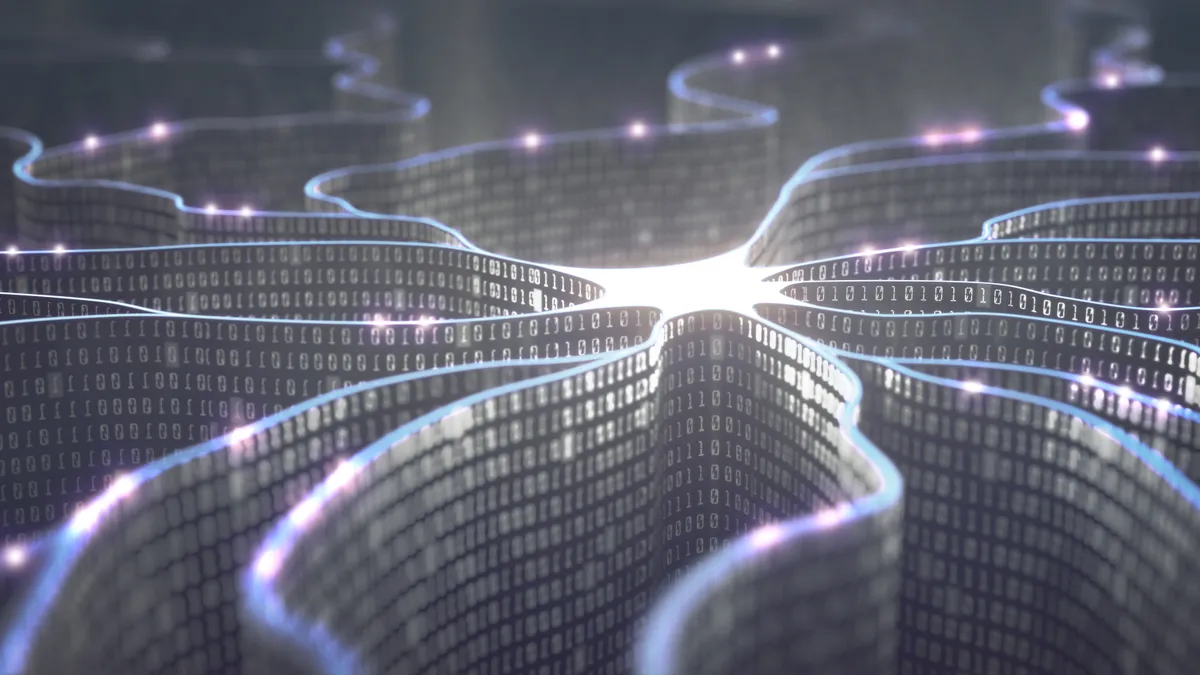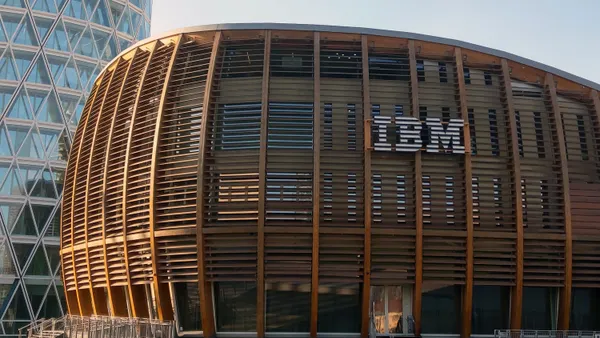Dive Brief:
- Unilever is relieving its traditional recruitment force with algorithms designed to target and sort potential hires online, according to The Wall Street Journal. Goldman Sachs and Jet.com have also started transitioning to automated hiring.
- To source potential hires, Unilever places ads for entry-level positions on Facebook, WayUp and Muse to target online users, with an algorithm in place to sift through qualifications, according to the report. Potential applicants can click on the ads and apply via their LinkedIn profile. Unilever has received 275,400 applicants thus far.
- After initial assortment, qualifying applicants are followed up with 12 online games, tests and video recordings used to assess if an in-person interview should be warranted. Unilever says 80% of applicants granted an in-person interviews are given an offer.
Dive Insight:
Consider Unilever’s implementation of AI in hiring as an audit of applicants. The AI filtration system developing within large companies with high application rates is eliminating the man-hours required for HR recruitment.
Coupled with efficiency, elimination of HR manpower can also lead to the elimination of human error. Initial introductions to applicants are postponed until much later, when skills have already been assessed without bias. This can bypass common discrepancies in hiring discrimination or ignorance. The possible threat of hiring discrimination is alleviated despite the algorithms only looking for candidates, and therefore traits, it has been programmed to look for.
Although there is apparent success thus far, how much of the personal touch required in hiring can be replaced by AI? Across industries, HR professionals have expressed concern about removing the human touch from the hiring process. But, Unilever as well as GE, Facebook and IBM, support AI in recruitment as a navigation tool or an extension of HR for candidate review.
This is just another AI implementation to improve corporate function as showcased in automation and Big Data assortment and deliverance. AI is designed to tackle the redundancy of tasks so that the human touch is still integrated. Companies that don’t begin modernizing and adapting to new technologies could face being left behind.













